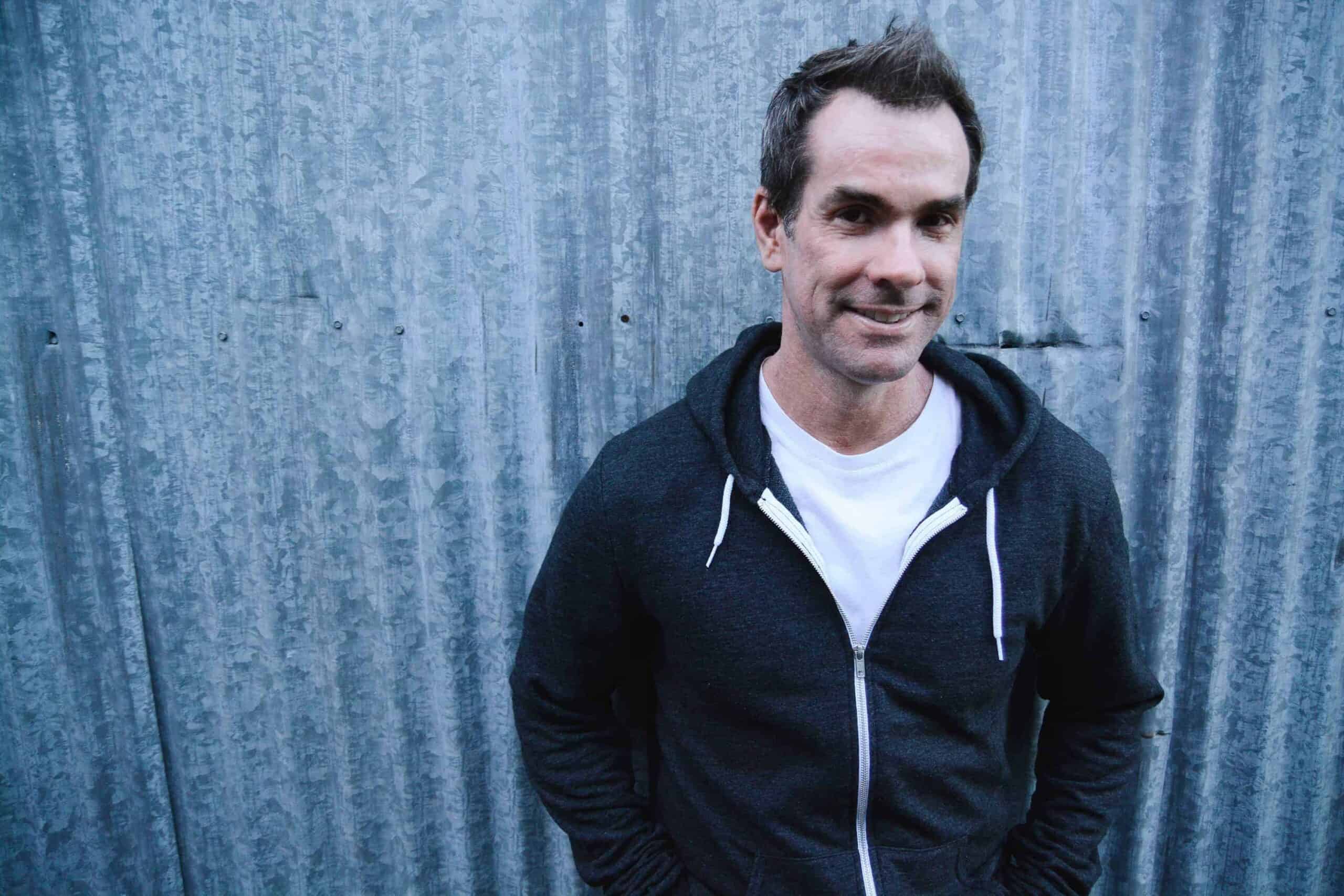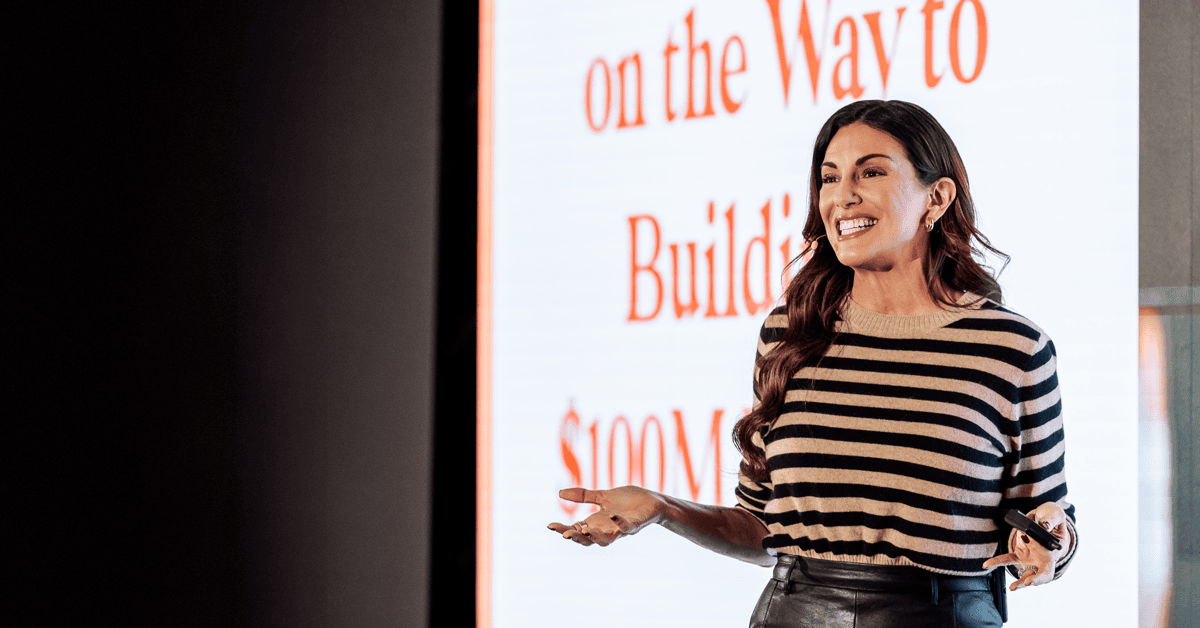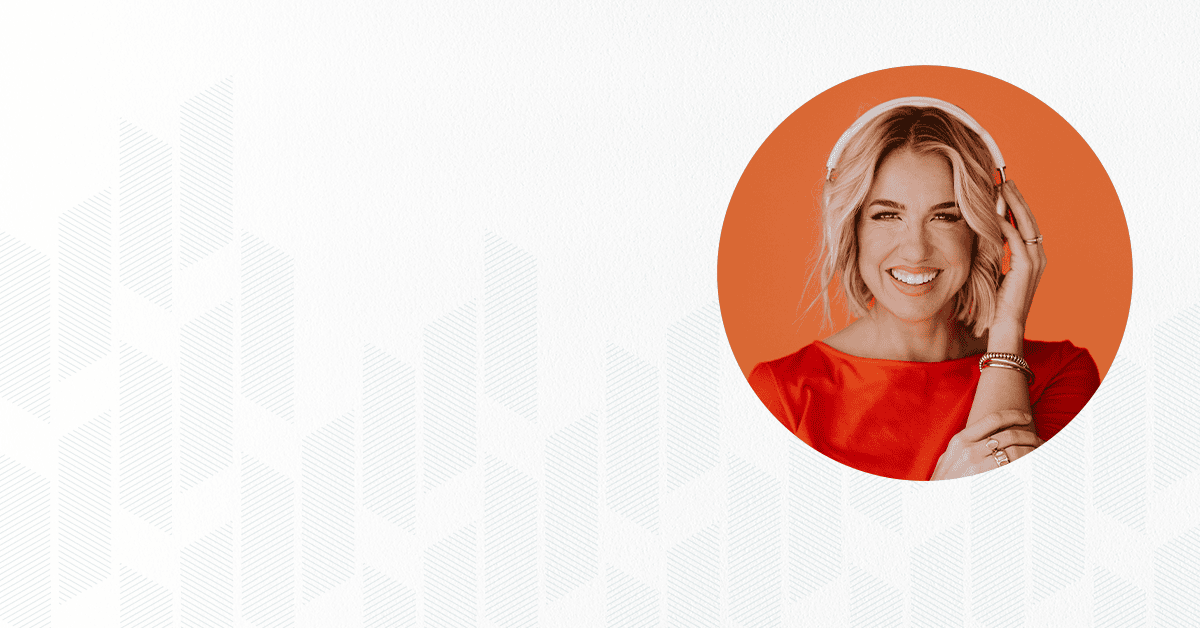Today’s show is #50…that’s right, my 50th episode of the “Online Marketing Made Easy” podcast.
For Episode #50, I’m talking all about paid advertising.
And nobody knows this subject better than my good friend Rick Mulready. He actually has a podcast of his own called “The Art of Paid Traffic.”
One of the biggest things Rick does on this podcast is dispel the notion that paid advertisements are a negative thing. People often think you need a big budget to run a paid ad campaign, or lots of time for planning out a strategy. Or they might think they simply shouldn’t have to pay for advertising.
In fact, anyone can engage audiences through paid advertising…and they should!
In order to get started right away with two of the most popular types of paid advertising—Facebook ads and YouTube ads—with a simple cheat sheet that I created with Rick. It’s called “The Anatomy of High-Converting Paid Ads.”
There are three main types of ads that you can and should be using now:
Native ads
A native ad is an advertisement that sends people to a piece of content (as opposed to a direct opt-in form or sales page). It could be a blog post, a video, even show notes from a podcast.
The great thing about native ads is that they contribute to your brand’s total value. They put helpful content out into the world that adds value right off the bat, in addition to pointing to other things (your program or service) that can be of even more value.
When people end up on your content page, that’s where you can introduce an opt-in form, a lightbox or some other kind of offer for your program or service. Just make sure it’s relevant to the content that you’ve sent them to.
They also allow you to retarget people who visit the content that your ad is pointing toward, and put them on a separate list from your regular email list.
This separate list that comes from native ads is what we call a “warm list”—it lets you know a very specific interest group within your list. So if you’re running a native ad for a particular program or service and people click on it, you know that next time you promote that same program (or a similar one), those are definitely people that you should retarget.
Retargeting is also something you need to know about for our next kind of paid advertising:
Facebook ads
Around here, we talk a lot about Facebook ads. The fact is that Facebook changes its setup all the time, and what worked six months ago or even six weeks ago may have changed dramatically. That’s why it’s crucial to be consistently checking out Facebook’s terms and conditions for ads. Check the help pages to stay current with the rules, so that you know your advertising isn’t going to get pulled out from under you!
These days, Facebook’s foundation for advertising is a lot like the native ads we just talked about…ads have to add value to Facebook users. In other words, the less salesy you can be with your ad, the better.
To be honest, this change benefits you as the business owner—running an ad that leads to a blog post is a lot cheaper in what you pay per click, versus running an opt-in page ad. It also builds trust with your users. They click on your ad, get to a page of real, valuable content, and they feel good! That’s something that people will keep coming back for.
Retargeting comes into play when you set up your Facebook page to target who you want to be tracking and what pages you want to track. That way, you can build a specific list from anybody coming to any page on your website.
Get all of Amy's secrets for easily creating effective paid ads! Listen to Episode #50 in full.
YouTube ads
YouTube is the #2 search engine in the world, second only to Google. Just like Facebook, you can search it by topic, not just by keywords. But the biggest advantage YouTube has as an advertising platform is that videos are, by nature, extraordinarily appealing.
This is the drawback for some people considering YouTube ads…they don’t like the idea of being in front of a camera. In fact, you don’t have to spend any time in front of the camera, if you don’t want to. You also don’t have to hire a huge production crew. Some of the most effective ads are made with just a person holding up an iPhone and talking into it.
If you're new to YouTube ads, a great place to start is with “in-stream” ads…the ones that come up when someone starts to watch a video, that they can skip after a few seconds if they choose to. What's more, the ad creator (that means you) start actually paying for the ad after it reaches the 30-second mark.
With these ads, it's crucial to make your mark on an audience within those first 30 seconds. This is where our handy free cheat sheet comes in. You can download it and get the secret of how to create an effective ad that includes a memorable message and a call to action within those precious 30 seconds before someone hits “Skip to Video.”
Take Your Time
It’s important to note that if all these strategies are new to you, don’t feel like you have to implement them all at once. It’s much better to explore one of them at a time. Test things out, educate yourself, take notes on what you see around the Internet that appeals to you.
Don't forget to download our free cheat sheet for a fast, simple understanding of how to create these ads yourself!













